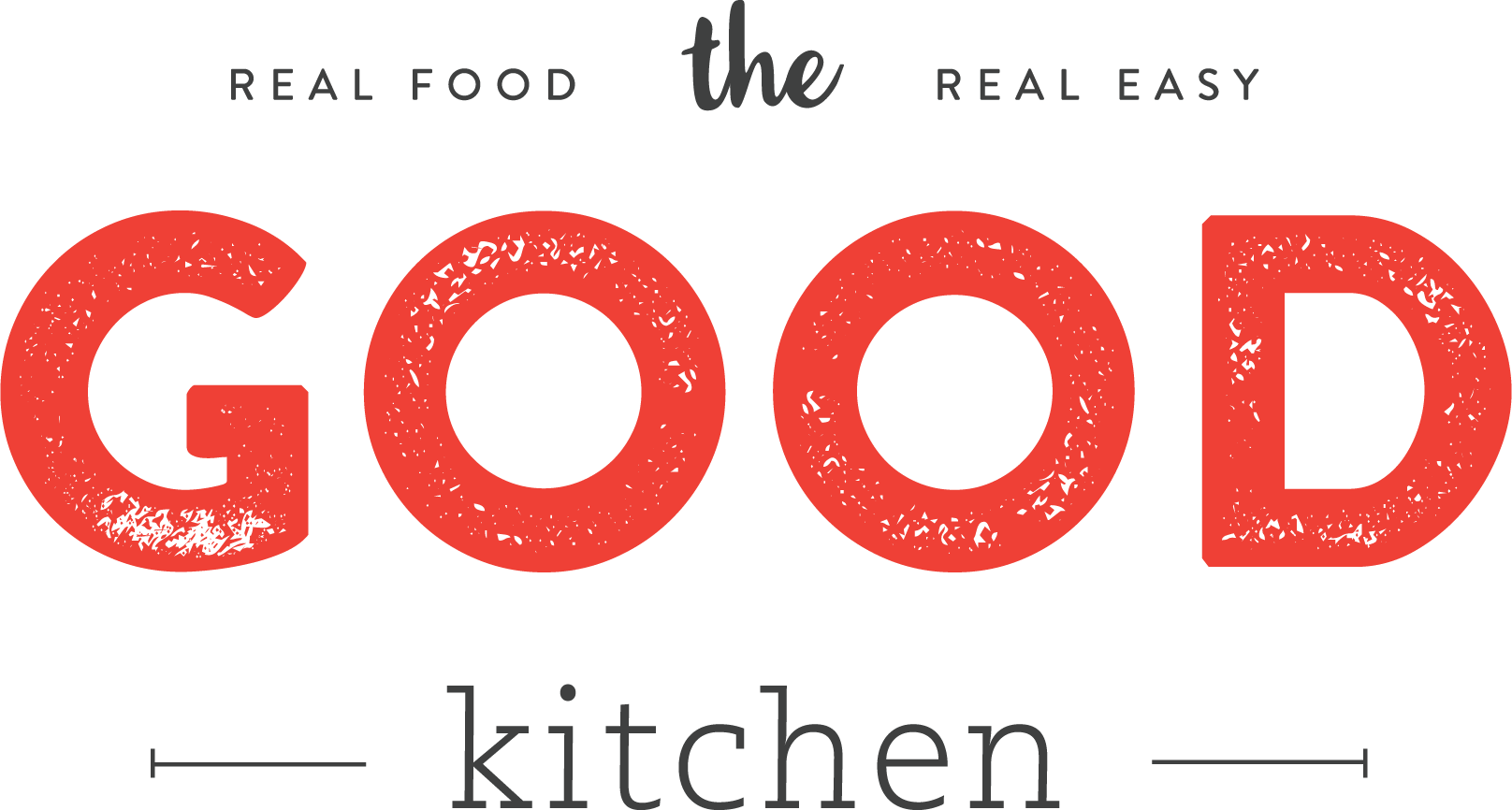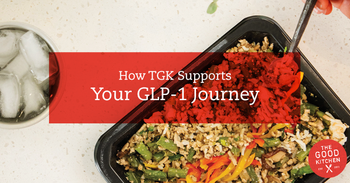What to Eat to Beat Adrenal Fatigue
How to eat your way out of a slump.

Wake up tired, go to bed wired. Repeat indefinitely.
So goes modern life for most people. But this constant cluster of “adrenal fatigue” symptoms that run the gamut from brain fog and sleep troubles to moodiness and killer carb-cravings are *not* inevitable features of life.
Don’t wave the flag yet – we’ve got the info on what may be causing these daily downers, and how you can do away with them by tweaking your diet!
Here’s the deal:
Adrenal fatigue, while not an official medical diagnosis, is a theory about how modern living affects your adrenal glands and results in chronic “blahs.”

Your adrenal glands are a part of your endocrine system, and are involved in producing hormones that play a role in virtually every bodily function. Adrenal glands are particularly involved in cortisol release and regulating your response to stress.
When they’re functioning normally, your adrenals pump out cortisol in the morning to get you going, lower your cortisol levels in the evenings to prep you for sleep, and go into overdrive to help you respond to threats.
But our biology hasn’t totally caught up to the constant onslaught of modern life. We’re not regularly getting chased by wild animals, but as far as our body knows, all of the other things stressing you out are essentially the same thing. Every deadline, inbox-overload, or past-due bill can be read as a threat and cause your adrenal glands to start pumping out cortisol.
The theory is that this constant stimulation burns out our adrenals and leaves us simultaneously wiped out and keyed up, since our hormones are out of balance. The hormones regulated by your adrenals are responsible for regulating key functions throughout your entire body, including food metabolism, blood sugar, blood pressure, immune response, and more.
But enough about the problem. On to the solutions!

First and foremost, it’s necessary to identify key stressors in your life and try some fresh approaches for managing them. This could include setting times to work away from your inbox, scheduling regular intervals to practice mindfulness, or re-evaluating your involvement in certain activities and relationships.
And yes. It’s time: Turn off Netflix and ACTUALLY SLEEP before 2 a.m. You can do this! Working to reduce stress and improve your sleep are critical to progress.
Now, moving to our favorite topic: food. It’s not surprising that what you put in your body can either support or compromise adrenal health.
To use your diet to cut stress and give your adrenals a rest, here are some things to know:
Not all Meat is Made Equal

As we like to say, “you are what you eat eats.” Grain-fed meat has a higher omega-6 to omega-3 ratio than grass-fed meat, which can be particularly problematic if you’re experiencing adrenal fatigue. An imbalance of omega-6s to omega-3s can cause inflammation that will tax your adrenals even more. Opt for pasture-raised, grass-fed, and plant proteins.
Healthy Fats are Your Friend
Olives, avocados, walnuts, and seeds like pumpkin, flax, and chia do wonders for leveling out your glucose response, which allows your adrenals to mellow. On the flipside, canola and safflower oil can cause a spike in inflammation, ramping up your poor, overworked adrenal glands.
Chow Down on Cruciferous Veggies
These are vegetables like broccoli, cauliflower, and brussels sprouts – all of which contain plenty of fiber, along with a whole host of other micronutrients that are associated with glucose conversion and hormone regulation. Don’t skip out on that salad.
Out of the Box Options

You can give all of your efforts a boost by adding a couple of ingredients that may not be in your regular rotation, like kelp and kimchi, which contain boatloads of magnesium and probiotics, respectively. There are also certain herbs and spices, such as ashwagandha and licorice root, that research has suggested may help mediate stress levels in the body. Similarly, chaga and cordyceps mushrooms may support immune function.
The Big Picture
On the whole, opt for foods that are nutrient-dense, low in sugar, and have plenty of healthy fats and fiber. On the micronutrient front, seek out foods that are high in B vitamins and magnesium, which are important for the production of adrenal hormones. Avoid foods that cause inflammation (read: stress) in your body, such as hydrogenated oils, caffeine, added sugars, foods with preservatives, and factory farmed meat (omega-6s plus an overload of protein? No bueno).
If this feels like just another thing to stress about, we have recipes and meals to help! Just remember that you aren’t doomed to always feel this way, and that there are tools to help improve your situation. Try changing one thing every week to put you on the path to adrenal health, and see how things change in a matter of months.
Photos by Abbie Bernet, Elysabeth Malenfant, Christian Erfurt, & Victoria Heath on Unsplash






